Join Meeple Mountain as we welcome Peter McPherson, designer of Tiny Towns to the interview table. In Tiny Towns, Peter’s first published board game, players are competing to build the most prosperous tiny town for small, woodland creatures. Read our full review of Tiny Towns.
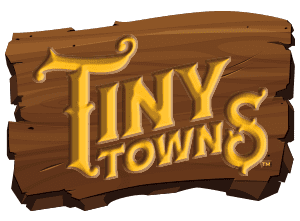
Peter, I should probably warn you of all the Canadian-isms to come in our conversation. All the “-our”s instead of “-or”s, for example.
Ha— thank you for the warning. Just finished a book with UK spelling, so I think I’ll be alright.
Which book? I noticed on your Twitter that you do book reviews.
Yes, I co-run a book blog with my girlfriend called Lit Lens, and I review books for Publishers Weekly from time to time. But the one I just finished is one of my all-time favorites: Mortal Engines by Philip Reeve. There’s a Peter Jackson movie adaptation releasing this week, so I had to brush up on the source material!
Besides co-running your book blog and reviewing books, what else do you get up to? I suspect it involves many things board game-related.
It does involve some board game-related things! I, of course, play games whenever I can and I’m usually working on a few game designs. I also write fiction when I can, both short stories and novels, though I’m as-of-yet unpublished. For less sedentary hobbies, I enjoy biking, disc golf, and skiing.

Sounds like you keep very busy. How long have you been designing games? Is this something you began recently or has it always been something you enjoyed doing?
I have had scribbles of game design and ideas since high school, but I didn’t seriously start designing and making prototypes until about 5 years ago.
What were some of your early prototypes like? Are they still projects you are working on today or have they been pushed aside for more recent designs?
My early prototypes were fairly rough. In some cases the prototype came before the rules, as with a game of traveling to different realms that I have abandoned. There was another that simulated a murder-mystery scenario and there is one about castle sieges that I might return to. But for the most part, I’m working on newer designs.
I find the idea of time travel/traveling to different dimensions a fascinating theme for a board game, but it seems like it’s quite difficult to implement.
Yes, the different dimensions idea was fun, but I never made it to the point of actually playtesting unfortunately.
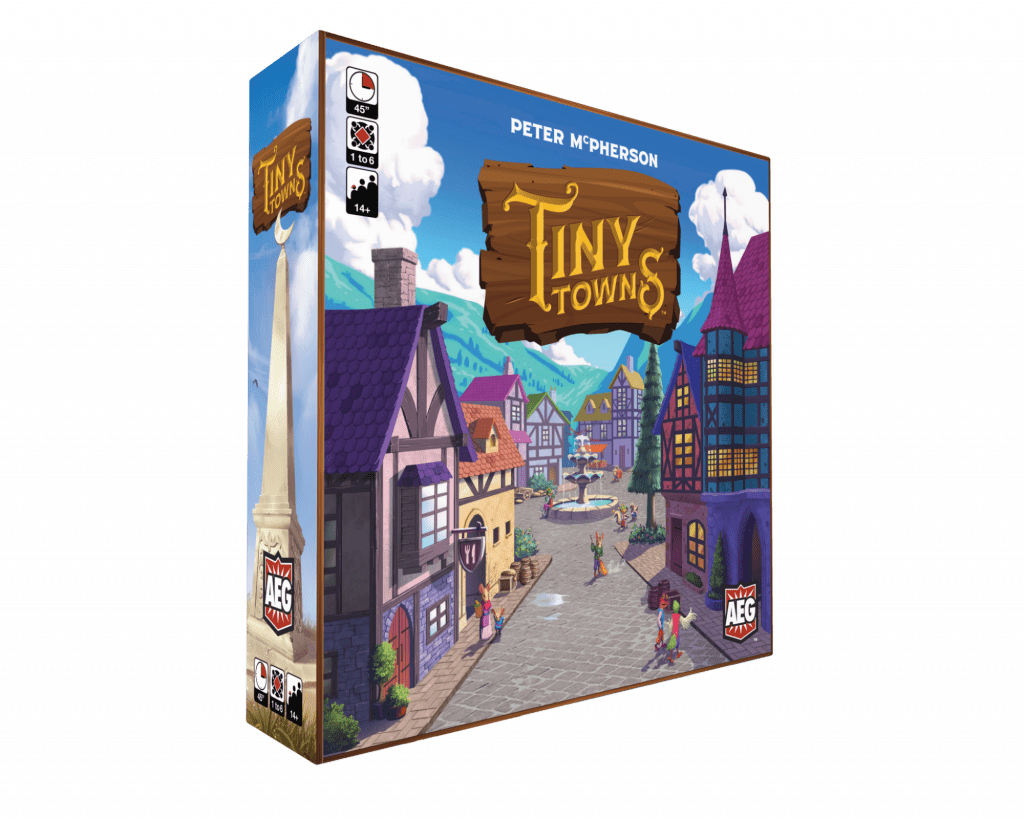
Let’s shift the conversation now to Tiny Towns, your upcoming release from AEG. Tell me a little bit about the game.
Tiny Towns is a town-building game that appoints each player as the major of their own tiny town, represented by a 4×4 grid. During the game, they [arrange] the 5 resources in Tetris-like shapes to construct buildings. Players take turns choosing what resource everyone receives so, by the end of the game, everyone has built their town using the same resources. Tiny Towns will be releasing to retail in April. I’m quite excited.
I’m quite excited for it too! I think it will be a big hit. How did the idea for Tiny Towns come about and what were some of the goals that you wanted to achieve with this game’s design?
One of the first inspirations was a word game I play with my dad— you take turns picking a letter that both players put in their grids to spell words. I was also inspired by the building system in Minecraft, which blew my mind when I first played it. One of my aims was to make a game where players felt that they had really built something by the end, whether or not they won. I also wanted a game with very little downtime and I wanted it to play as well with two players as it does with six.
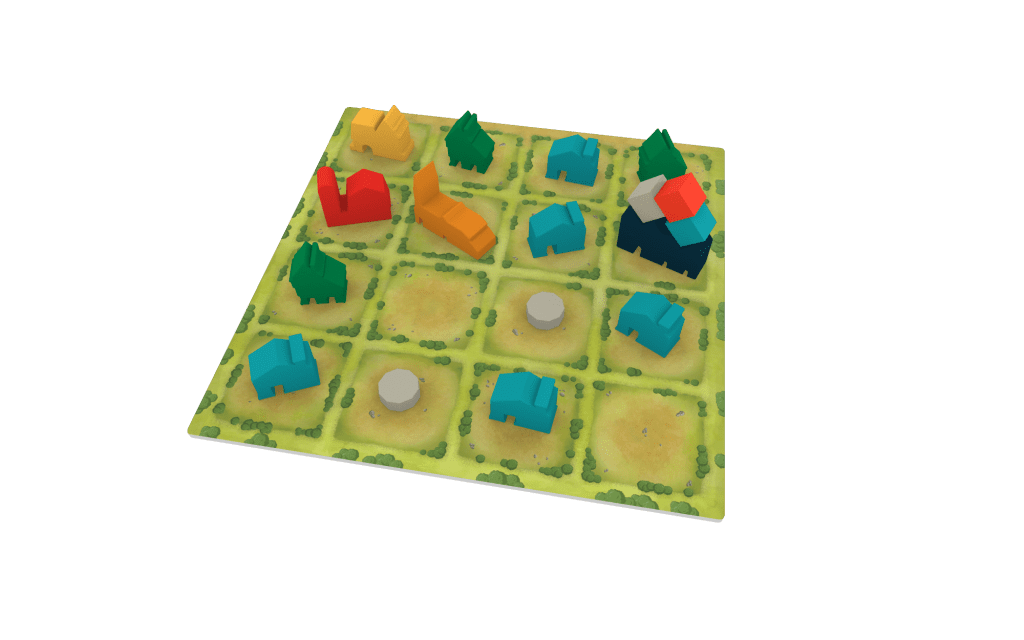
I noticed the game can be played solo. How will that work? Will players be competing against themselves for the highest score or will there be an Automa-like player to play against?
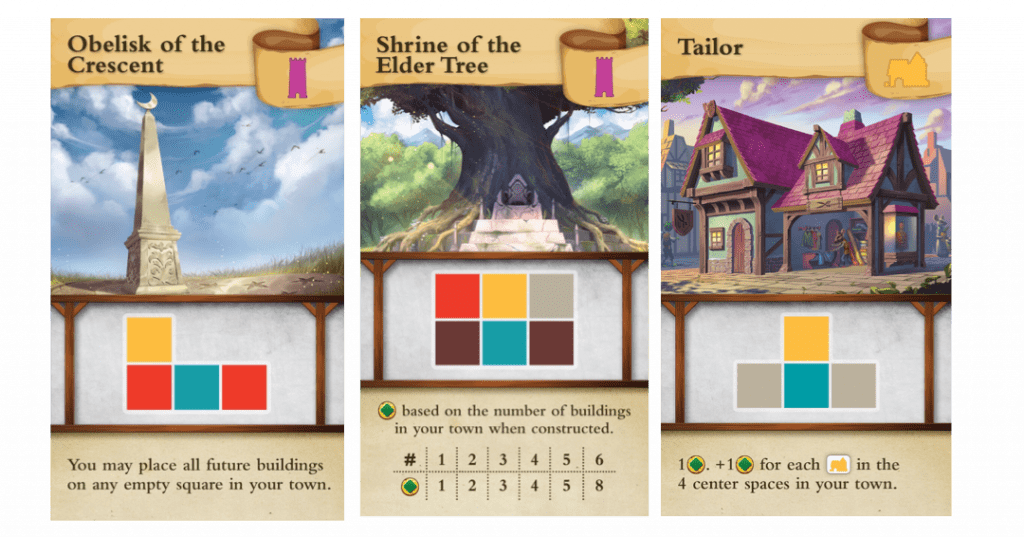
The solo game has players aiming for a high score. It uses a deck of resource cards (which can also be used for a sort of roll-and-write style mode). There’s three cards of each of the five resources— the cards are shuffled, then three are dealt face-up. Each turn, you pick a resource to put in your town and put the matching card on the bottom of the deck. There’s no shuffling— you just keep playing until the resources overrun you or your town is finished.
In terms of looking for a publisher for Tiny Towns, what was your experience like? Was AEG your first attempt or had you tried others?
I am definitely in the minority for game designers— I was very lucky to pitch to AEG in my first round. Courting publishers and pitching games was new to me. I did pitch to a few other publishers at the same con, PAX Unplugged 2017, but AEG was my first choice. I’m so glad they picked it up.
Speaking of, at PAX Unplugged 2018 you were there demoing your game and I was lucky enough to be at a table with Quinns from Shut Up & Sit Down. What was it like teaching your game to a board game media celebrity? Were you nervous?
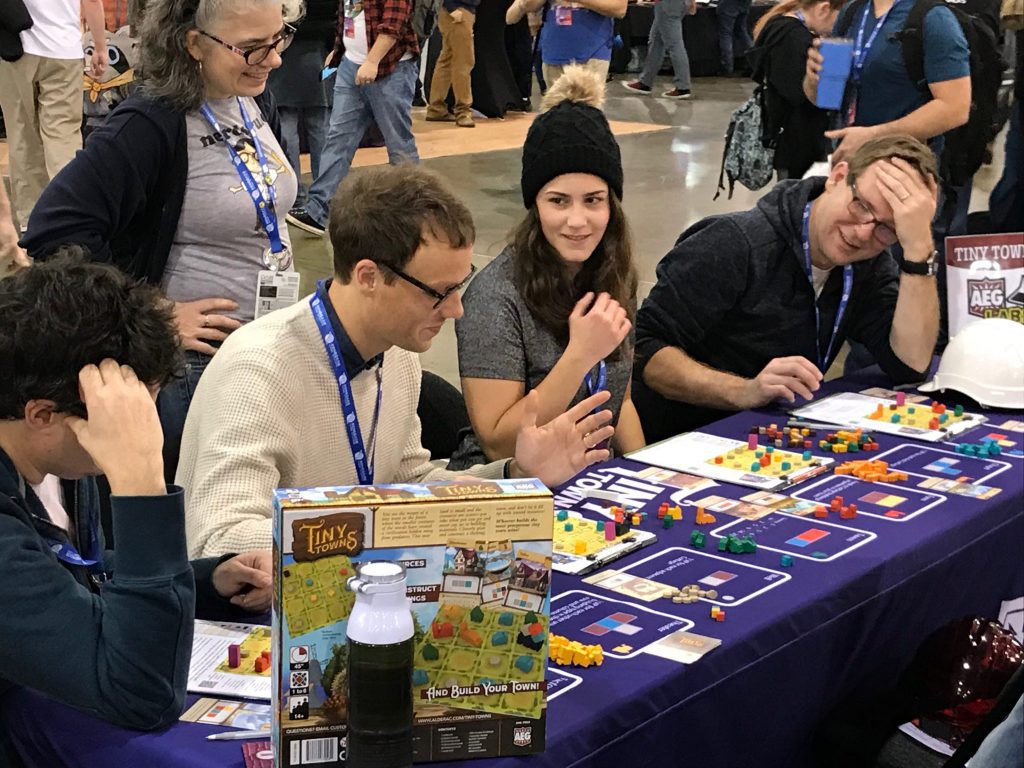
I’ve been a fan of Shut Up & Sit Down for longer than I’ve been designing games. When I was first working on Tiny Towns, I remember thinking how cool it would be to get it published and hear Quinns mention it on their podcast so I was a bit nervous. But as soon as I met him and started chatting, the nerves were gone and I was able to enjoy teaching him my game. It really was a career highlight for me. Similarly, when other reviewers and media personalities stopped by, it felt a bit surreal.
He really is quite as lovely in person as he seems to be on their podcast and videos, isn’t he?
He is! I hope to meet him and game with him again someday.
Unfortunately Peter and I ran out of time during our interview, but he was kind enough to answer a few more questions via email.
Are you working on any new designs at the moment?
I have two I’m currently focusing on. The first is Petal Pushers, a game about running competing flower shops by cultivating gardens and selling bouquets. It’s an engine-building game, but it’s also an engine-busting game as you sell off flowers. The other game is Artistes, which is a party drawing game that puts players in the roles of pretentious artists and critics. Everyone draws at the same time and guesses at the same time. As the artist, you want to get exactly one critic to guess your drawing. But as the critic, you don’t care about guessing correctly, you only care about writing the most popular guess among the other critics. Both of these are still in the playtesting phase, but I may start looking for publishers soon.
What is one thing you love about board games and one thing you dislike?
That’s an excellent question! I like that board games provide a sort of artificial stress. When I’m playing a game, it’s the only thing I’m thinking about in that moment. I love getting stressed out about difficult decisions that I can leave behind an hour later. Something I dislike about board games is the strange obligation that can come with playing games that aren’t your type. I always try to play as many games as I can, but it can be difficult to eagerly agree to play a two-hour dice chucking game when that’s really not my thing. And, on the other hand, it can be awkward when you picked the game and you can tell your friends are really not enjoying themselves. Everyone has that one game they want to play and I always want everyone to have fun at game nights, but sometimes that can mean finding yourself deep into a game that isn’t working for you.
If you had to choose one or two favourite games that you played in 2018, what would they be? You could choose 2018 releases or just games you tried for the first time in 2018.
I just discovered Asger Harding Granerud’s Flamme Rouge at the beginning of 2018 and I am always awed at its cleverness. The game is exciting the entire time and it really feels like a race. And I love that I can play it with up to twelve. Another favorite has been Cryptid by Hal Duncan and Ruth Veevers, which is easily my favorite deduction game. It plays so quickly and the game always ends in a climactic moment. It’s also a deeply rewarding game— the winner really feels clever when they piece the clues together to find the cryptid. 2018 was a great year of gaming for me. I played more new games than I’ve ever played in one year, so it was hard to narrow it down to two games!
Thank you, Peter, for taking the time to chat with Meeple Mountain. Tiny Towns will be released by AEG in April 2019.


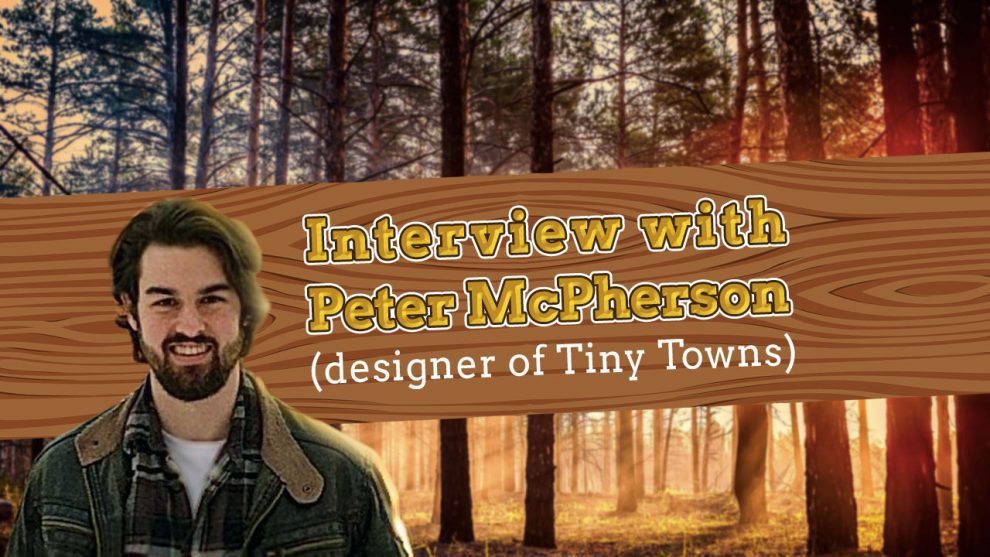
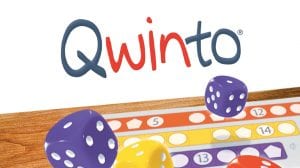
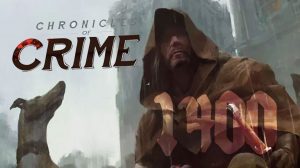
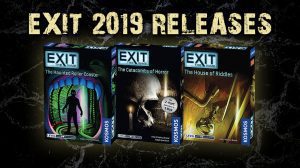





Add Comment